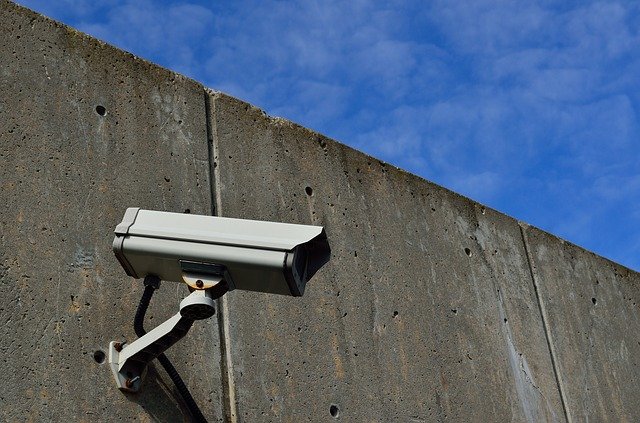How Ethical is Facial Recognition Technology?
Image by ElasticComputeFarm from Pixabay
Machine learning-based software capable of identifying and matching faces is growing increasingly popular among governments, law enforcement agencies, and private organizations around the world. Facial recognition technology may be a convenient feature in a personal smartphone, but when it is installed throughout public spaces, privacy boundaries come into question for several reasons.
Firstly, biometric data of any kind is utterly unique to the individual. Unlike other sensitive personal information such as your home address, phone number, or name, it cannot be altered.
Once a face is registered to a database, potentially without the owner’s knowledge or consent, it can make future investigation straightforward to pursue.
This poses an ethical quandary regarding who can be researched and for what purposes — does a police officer have the right to use facial recognition software on an individual they deem suspicious-looking, or a known activist simply for their beliefs?
Next, despite being highly sophisticated, facial recognition tech is often exceptionally easy to operate, not to mention subtle to use. A person can be photographed or filmed discreetly at a distance, and permission is not always obligatory as with other established procedures such as DNA swabs or search warrants.
The laws regulating usage and access to this advanced form of biometric surveillance vary from lax to stringent to nonexistent. The latter is the case in countries controlled by authoritarian regimes, such as Russia and the United Arab Emirates, where facial recognition software is employed as an oppression tactic to suppress and monitor political dissidents and activists.
However, it is not solely nations with a poor history of respecting human rights and basic freedoms that are profiting from facial recognition systems. The United Kingdom is well-known for its abundance of surveillance cameras, and governmental agencies in the United States such as the Department of Homeland Security are known to use facial recognition at airports.
Irrespective of who is using the AI software, another equally grave concern is who can access facial recognition databases and how secure these databases are. One of the most notorious facial recognition companies, Clearview AI, has demonstrated repeatedly that concerns over illicit and insidious encroachment of personal privacy are warranted.
Clearview AI possesses a database of over three billion faces, some of the images derived through scraping techniques in which it trawls through public forums online, such as social media accounts. Despite initially claiming their facial recognition tech was primarily intended for law enforcement agencies within Canada and the United States, a leaked client list exposed customers ranging from Saudi Arabia to large American corporations such as retailers and the Bank of America. If such a database were hacked, it would be a valuable treasure trove for cybercriminals, as biometric sensors and systems can be fooled with the right information.
These apprehensions have provoked citizens around the globe to fight against facial recognition becoming a facet of everyday life. Despite efforts to safeguard online privacy, such as by using encryption tools like rel=”no follow”>VPNs, and limiting posting personal information on social media, it is almost impossible to hide from the city-wide pervasive use of facial recognition technology.
One notable movement, Ban Facial Recognition, was initiated in 2019 by activist group Fight the Future. The movement garnered attention earlier this year when the University of California Los Angeles (UCLA) said it would test facial recognition software in the interest of improving campus security.
Students from other university campuses across the US swiftly joined in to protest the use of such invasive surveillance on school grounds with some successes; several academic institutions have taken a public stand against facial recognition, including UCLA.
Hopefully, this trend of speaking out against facial recognition tech continues, as the negatives appear to far outweigh the potential benefits. We know that God is omniscient, and we can trust in God to look out for our best interests — unfortunately, we cannot say the same every individual and collective organization granted access to facial recognition tech.
A future in which we continue to attempt to replicate and wield this infinite power through technology is one in which each person’s immutable right to privacy and freedom from constant surveillance is denied.

